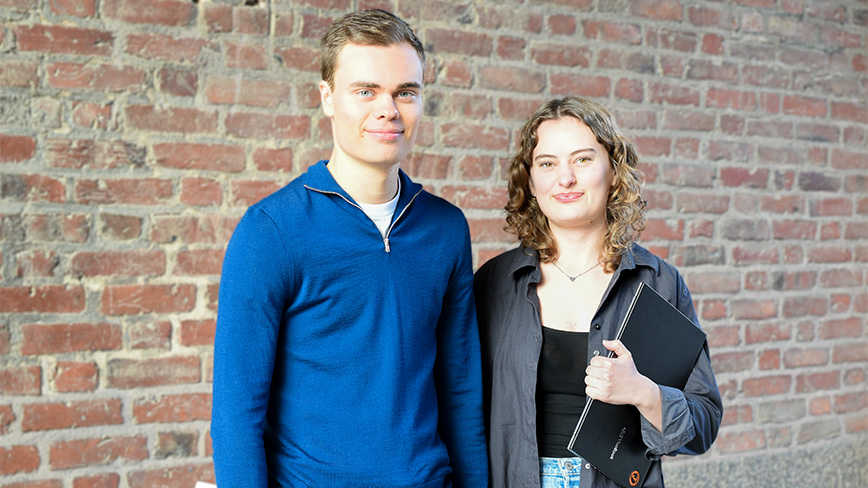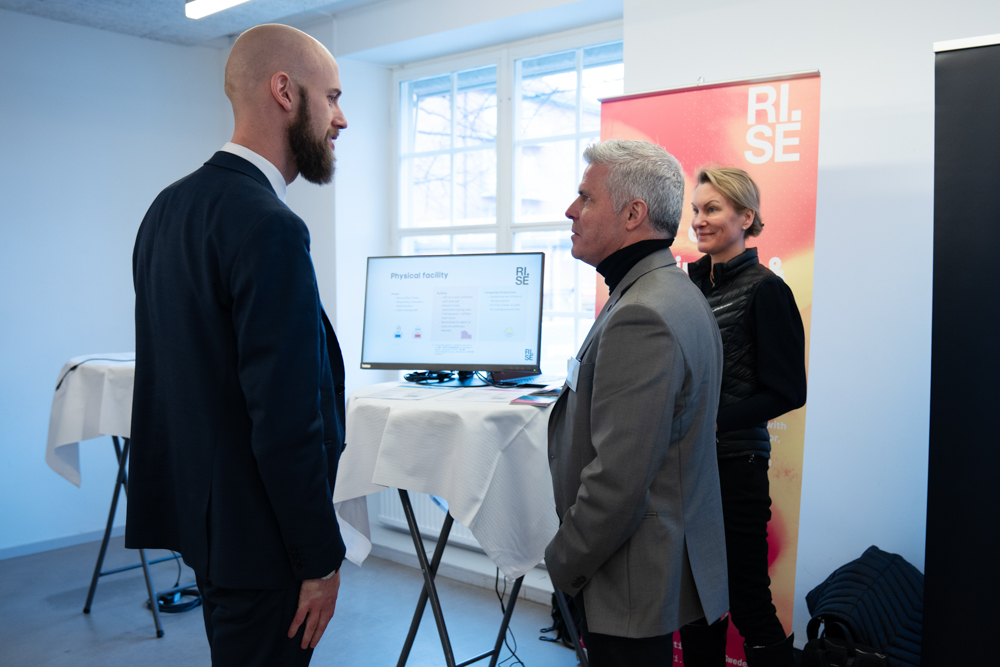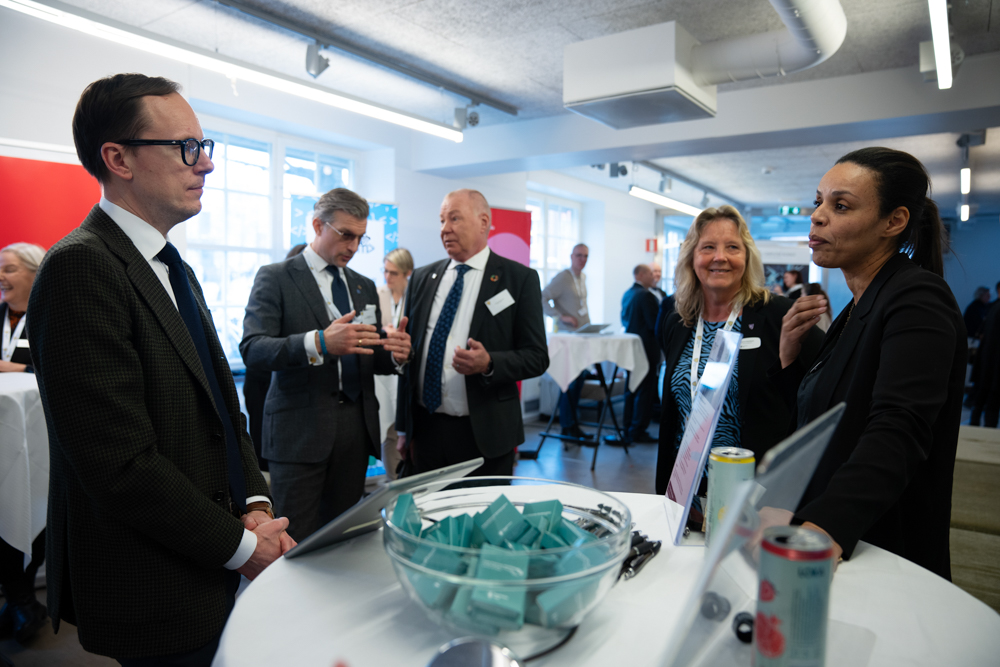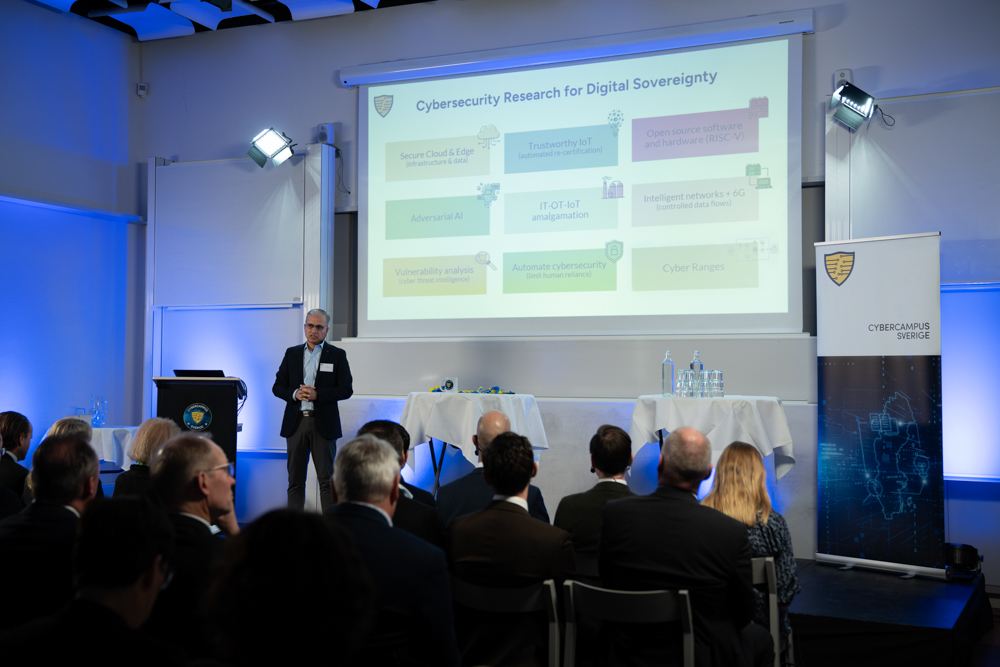Joint forces for a cyber campus
Cyberattacks are posing an increasing threat

There is a significant skills shortage in the cyber security area in Sweden. This has led Pontus Johnson, professor at KTH’s Center for Cyber Defense and Information Security, to push for a new cyber campus with several actors, including the Swedish Armed Forces.
”Current research, education and innovation within cyber security are carried out at various universities, colleges and in small groups, but usually with no interaction between them. We need to offer a more comprehensive education. For example, KTH has extensive training in the area of cyber security but lacks expertise in the area of forensics. This is something Halmstad University has focused on,” he says.
For Sweden to offer students a more extensive and overarching education, collaboration is required.
In October this year, the Royal Academy of Engineering presented a report, Cybersecurity for increased competitiveness, with nine ways to increase Sweden's cyber security and thereby increase its competitiveness. One of the proposals is establishing a cyber campus to boost research, innovation and capacity building.
As for the latter, strong efforts are needed, according to Pontus Johnsson.

”We need to become more agile around lifelong learning. As I see it, there is a skills shortage ranging from technical competence to managerial competence. Even decision-makers need to gain better knowledge about the cyber threats and security that needs to be developed.”
High on the political agenda
Things might be moving in the right direction. Cyber security is currently high on the political agenda, with an increasing acknowledgement that cyberattacks posing a serious threat. Already in 2021, the Swedish Riksbank warned that a cyber-attack can threaten financial stability. There is increasing political consensus for the need for a cyber campus. And the Minister of Defense, Pål Jonson (M), seems to be prepared to finance it.
”Our hope is to start already next year; cyber attacks, cyber threats and cyber security are issues that will not disappear, but rather grow in importance. A research infrastructure with practice facilities is needed. Sweden has a technical debt, and we need to catch up.”
Related news

AI fixes security flaws – KTH wins prestigious award
Can AI fix security flaws before hackers strike? KTH researchers say yes—and their breakthrough won the Best Paper Award 2023 from IEEE Transactions on Software Engineering. By using AI to automate se...
Read the article
How to stop cyber-attacks with honeypots
In the ever-evolving landscape of cyber warfare, defending against human-controlled cyberattacks requires innovative strategies. A recent study conducted by students at KTH delves into the realm of cy...
Read the articleCybercampus Sverige inaugurated
On 7 February, Cybercampus Sverige was formally launched at a ceremony at the new headquarters in Stockholm, with Minister for Civil Defence Carl-Oskar Bohlin and Minister for Education Mats Persson i...
Read the article










